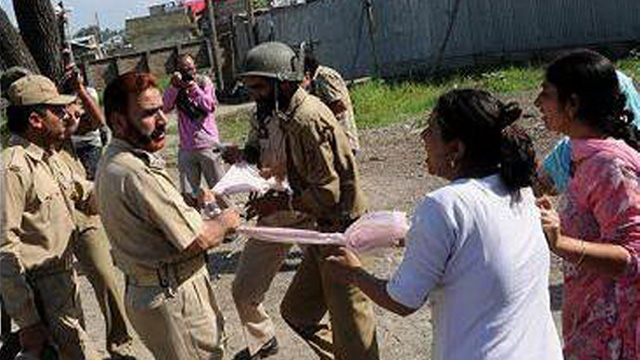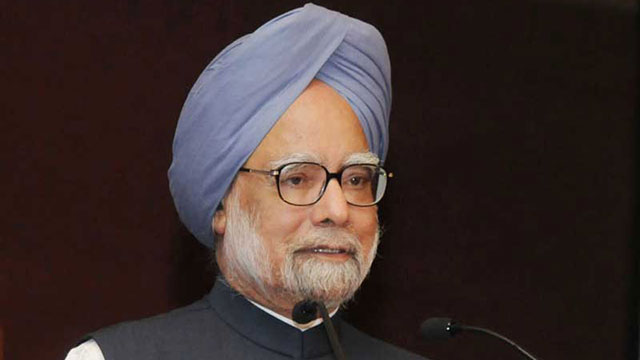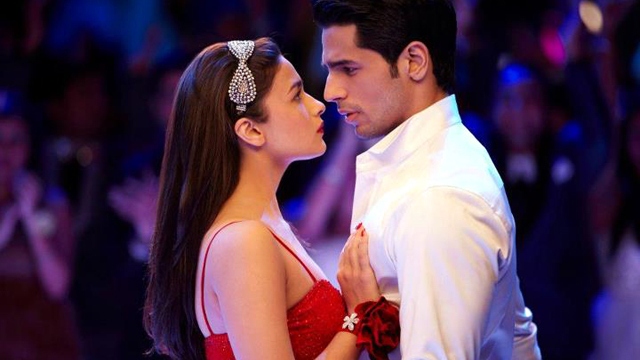Police personnel who commit to order torture and other abuses need to be treated as the criminals they are
There has been an unexpected surge in the number of cases recorded against policemen for supposed human rights violations pan India, with 205 alone in 2012, as per the National Crime Records Bureau.
Reportedly, the NCRB data stated that the total number of cases registered against the men in uniform was 205 last year, much higher in contrast to previous years that stood at 72 in 2011 and 37 in 2010.
Though, of the 205 cases, only 19 policemen were charge sheered and none were found guilty last year.
Assam registered the highest cases at 102, whereas Delhi recorded 75 in the previous year for infringement of human rights. While Assam did not file a charge sheet against any policeman, Delhi charge sheeted 12 of its personnel. Yet, not of them was found guilty in 2012.
The federal government must take major actions to fix a policing structure that aids and even promotes human rights violations. For decades, consecutive governments have been unsuccessful to fulfil on assurances to hold the police responsible for abuses and mistreatments and to assemble proficient, rights-respecting police forces.
In 2011 also, Delhi registered 50 cases against its cops and charge sheeted 40 policemen. Finally 232 policemen were found guilty from different cases registered in several years.
The report also said that Bihar and Gujarat were the top two states to record case against their police personnel in 2010 with nine and eight correspondingly for breaching human rights.
Although the two states filed charge sheets against five and two of their personnel correspondingly, only four from Bihar and non from Gujarat were found guilty in 2010.
As per the data, the cases registered against policemen are related to disappearance of persons, illegal detention, fake encounter killings, violation against extremists, extortion, torture, false implication, failure in taking action, indignity to women, atrocities on SC/ST and other cases.
India is modernising speedily but the police go on using their old means. The state police forces function outside the law, they are falling short of adequate moral and professional paradigms, are overstretched and outmatched by unlawful elements, and are incapable to deal with growing demands and public expectations.
According to several reports, many police officers are conscious of the limits of law but many thought that unlawful ways, including illegal detention and torture, were necessary tricks of crime investigation and law enforcement.
While not justifying abuses, terrible circumstances for police officers add to violations. Subordinate officers frequently work in hard situations. It is mandatory for them to be on-call 24*7 every day. Instead of shifts, many work long hours, at times living in tents or dirty barracks at the police station. Many are detached from their families for extended time. They frequently fall short of needed equipment, including vehicles, mobile phones, investigative tools and even paper on which to register complaints and take down notes.
Police officers use ‘short-cuts’ to deal with irresistible work pressure and inadequate resources. For example, they explained how they or others slash caseloads by denying registering crime complaints. Many officers expressed facing impractical load from their seniors to crack cases fast. Receiving small or no support to gather forensic evidence and witness statements, methods considered time-consuming, they instead held suspects unlawfully and forced them to admit, often using torture and mistreatment.
Circumstances and incentives for police officers call for a change. Officers must not be put into a position where they believe they have to rely on abuse to meet seniors’ orders, or follow orders to ill-treatment. As an alternative they must be given the resources, training, equipment, and motivation to work professionally and morally.
Out of order system also permits the particular susceptibility to police abuse of conventionally marginalized groups in India. They comprise of the poor, women, Dalits and spiritual and sexual minorities. Police frequently are unsuccessful to investigate crimes against them due to prejudice, the victims’ failure to give bribes, or their lack of social status or political links. Members of these groups are also more exposed to random arrest and torture, particularly meted out by police as penalty for suspected crimes.
The UPA-II government, when elected, had assured to follow police reforms vigorously but nothing was done.
Colonial-age police rules and regulations allow state and local political leaders to get in the way regularly in police processes, every now and then instructing police officers to stop investigations against people with political links, including well-known criminals, and to harass or register false cases against political rivals. These practices rust public confidence.
In 2006, a landmark Supreme Court verdict ordered reform of police laws. But the federal government and most state governments have moreover considerably or totally been unsuccessful to execute the court’s ruling, recommending that officials have yet to admit the importance of complete police reform, including the requirement to hold police responsible for human rights violations.
India’s standing as the world’s biggest democracy is destabilized by a police force that believes it is greater than the law. It’s a vicious cycle. Indians keep away from contacting the police out of terror. So crimes go unreported and criminals roam scot-free, and the police fails to get the assistance and support they require from the public to avert and resolve crimes.
I believe that police who commit to order torture and other abuses need to be treated as the criminals they are.





